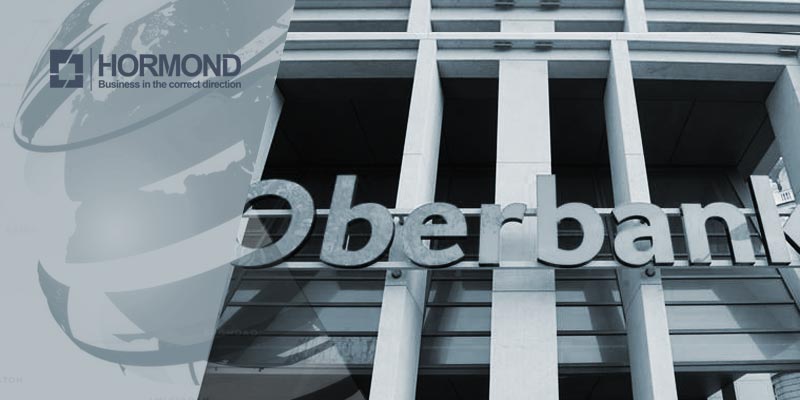Oberbank, Austria’s seventh-biggest bank, with a balance sheet of roughly 20 billion euros ($24 billion), signed the deal with 14 Iranian banks at its headquarters in Linz.
The move was groundbreaking particularly given that many banks – particularly those from Europe – are still standing away from Iran’s funding prospects over fears that they may fall afoul of remaining US sanctions against the Islamic Republic.
The Iranian signatories included veteran private banks such as Parsian Bank, Saman Bank, Eqtesad Novin Bank, Bank Parargad, Karafarin Bank and the newly established Middle East Bank. Others were former state banks that have been privatized over the past few years such as Bank Melli Iran, Bank Mellat, Bank Sepah, Tejarat Bank, Bank of Industry and Mine, Export Development Bank of Iran, Refah Bank and Keshavarzi Bank.
The agreement which envisages a funding ceiling of €۱ billion covers projects by Austrian companies in Iran’s production and development projects lasting more than two years.
Also on Thursday, Denmark’s Danske Bank signed a similar finance contract worth €۵۰۰ million with 10 Iranian banks, becoming the second European lender to ink such an agreement with Iran.
The Iranian signatories to the agreement were Saman Bank, Bank Mellat, Tejarat Bank, Bank Melli Iran, Bank of Industry and Mine, Bank Sepah, Bank Pasargad, Eqtesad Novin Bank, Keshavarzi Bank, and Parsian Bank.
They will act as the agent banks, providing civil projects in Iran with the Danish fund, according to an announcement by the website of the Central Bank of Iran.
Danske Bank, founded in 1871 and headquartered in Copenhagen, is the largest bank in Denmark and a major retail bank in the northern European region with over five million retail customers. It was number 454 on the Fortune Global 500 list for 2011.
The deals with Oberbank and Danske came on the heels of a similar move between China’s CITIC Group and a consortium of Iranian banks to provide loans worth a collective of $10 billion for the country’s infrastructure projects.
Iran had also in late August secured an €۸-billion credit line from South Korea’s Eximbank – what was seen as the country’s biggest loan deal since the removal of sanctions against it in early 2016.
Accordingly, officials in Seoul said the deal would finance projects in Iran by companies from South Korea.
